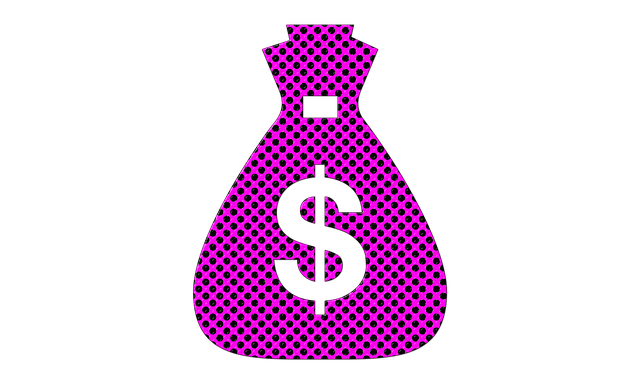Struggling with title loan debt? Title loan debt settlement offers a negotiated solution to restructure or lower debt, providing quick funding and potentially saving on interest charges, but carries repossession risk. Compare with bankruptcy, which clears unsecured debts but severely impacts credit scores. Settlement avoids long-term negative effects, focusing on financial stability through tailored negotiations and potential collateral inspection.
“Struggling with the burden of title loan debts? Consider title loan debt settlement as a potential path to financial freedom. This article delves into the intricacies of this unique approach, offering a comprehensive guide on whether it’s a viable alternative to bankruptcy. We’ll explore the process, compare its impacts against traditional bankruptcy debts, and uncover other options available for debt relief. Understanding these choices is crucial in navigating your financial labyrinth.”
- Understanding Title Loan Debt Settlement Process
- Comparison: Title Loan vs. Bankruptcy Debts
- Exploring Alternatives to Debt Settlement
Understanding Title Loan Debt Settlement Process

Title loan debt settlement is a process that allows individuals burdened by title loans to regain financial control. It involves negotiating with lenders to restructure or reduce the outstanding debt associated with their vehicle title loans. This option offers a potential alternative to bankruptcy, providing a chance for borrowers to avoid the long-term credit implications often associated with filing for bankruptcy.
The settlement process typically begins with assessing the borrower’s financial situation and determining their ability to repay. This may involve discussions about available assets, income, and expenses. Once understood, lenders might offer a settlement agreement tailored to the borrower’s circumstances, aiming for a mutually beneficial outcome. The goal is to secure quick funding or financial assistance through this method, allowing borrowers to resolve their title loan debts efficiently while potentially saving on interest charges compared to leaving the debt unpaid.
Comparison: Title Loan vs. Bankruptcy Debts

When considering debt settlement options, a key comparison lies between title loan debt settlement and bankruptcy. While both aim to alleviate financial burden, they operate under distinct mechanisms and carry unique implications. Title loan debt settlement involves negotiating with lenders to restructure or forgive a portion of the outstanding balance on secured loans backed by an individual’s vehicle title. This option presents advantages such as quick funding for those in urgent need and potentially lower interest rates compared to traditional borrowing methods, like bad credit loans. However, it comes with risks; failure to meet repayment terms can result in repossession of the titled asset.
In contrast, bankruptcy is a legal process that allows individuals to declare insolvency and escape certain unsecured debts. Unlike title loan debt settlement, bankruptcy offers a more comprehensive solution by addressing various forms of debt but may have longer-lasting effects on credit scores and future borrowing capabilities. It’s crucial to weigh these differences and consult with financial experts to determine whether title loan debt settlement or bankruptcy aligns better with individual financial goals and circumstances.
Exploring Alternatives to Debt Settlement

When considering debt relief options, it’s crucial to explore alternatives beyond traditional bankruptcy. While bankruptcy may seem like a quick fix, it can have long-lasting effects on your credit score and financial future. For those burdened by title loan debt, there’s an intriguing option worth examining: title loan debt settlement. This strategy offers a potential path to freedom from debt without the severe consequences of bankruptcy.
Unlike strict repayment plans or liquidation, title loan debt settlement involves negotiating with lenders to reduce the overall debt amount. The process often includes a comprehensive assessment of your financial situation, followed by strategic negotiations and, in some cases, a brief vehicle inspection for collateral purposes. By exploring this financial solution, individuals can break free from the cycle of high-interest payments and avoid the detrimental effects of bankruptcy, especially when seeking a fresh start without credit check hurdles.
When considering whether a title loan debt settlement is suitable, it’s vital to weigh the benefits against bankruptcy. While bankruptcy offers a fresh start, a title loan debt settlement can provide a more tailored solution, preserving assets and potentially saving on legal fees. Before deciding, exploring alternatives like debt management or consolidation could also offer viable paths to financial freedom. Each situation is unique, so consulting with a financial advisor is crucial to navigating the most effective strategy for managing title loan debts.






